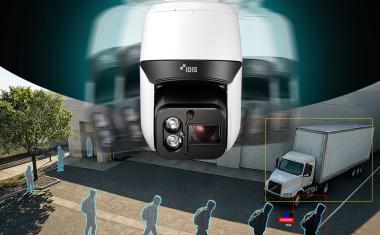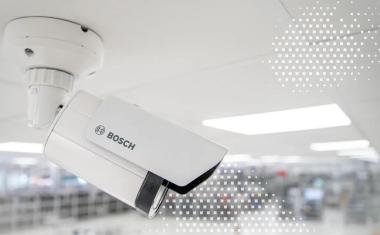Tyco: New Universal Communicator for Cellular Connectivity and Advanced Capabilities
Tyco Security Products introduces the DSC GS4005 / 3G4005 Universal Cellular Communicator that is designed to strengthen and enhance the functionality of existing residential and commercial alarm systems by providing a cost effective solution for migrating to cellular communications.
The DSC Universal Communicator enables the upgrade of almost any existing PSTN alarm panel to GSM/3G cellular connectivity. Adding cellular communications enables more robust system security by eliminating the risk of an intruder disabling communication by cutting the phone wire and provides cost savings and added convenience for customers who want to switch from landlines in favor of mobile phones.
Home and business customers can also benefit from additional functionality enabled by the DSC Universal Communicator that makes existing systems smarter with mobile control and advanced capabilities. Users can remotely arm/disarm their system using a mobile device and receive detailed notifications on alarms through voice and SMS notifications and commands. Basic smart home features, such as the control of smart light switches, are also enabled with the addition of the DSC Universal Communicator.
“Our universal communicators provide a cost-effective and seamless path to a more robust and secure wireless security system as well as to advanced functionality and basic smart home functions that instantly add value and extend the usefulness of an existing system,” said Aitor Gauna, EMEA Product Marketing Manager, Intrusion, Tyco Security Products. “Our industry’s transition to cellular communications is essential not only for end users but also for telecom companies whose goal is to replace legacy PSTN networks with a full Voice over IP infrastructure.”
For budget conscious customers looking to upgrade their system without the expense of a new alarm system, the DSC Universal Communicator extends the life of the alarm panel by enabling customers without landlines to continue to use their existing PSTN-only panels. Customers can also realise potential savings by switching to lower-cost cellular communication in areas where landline costs are higher.
















